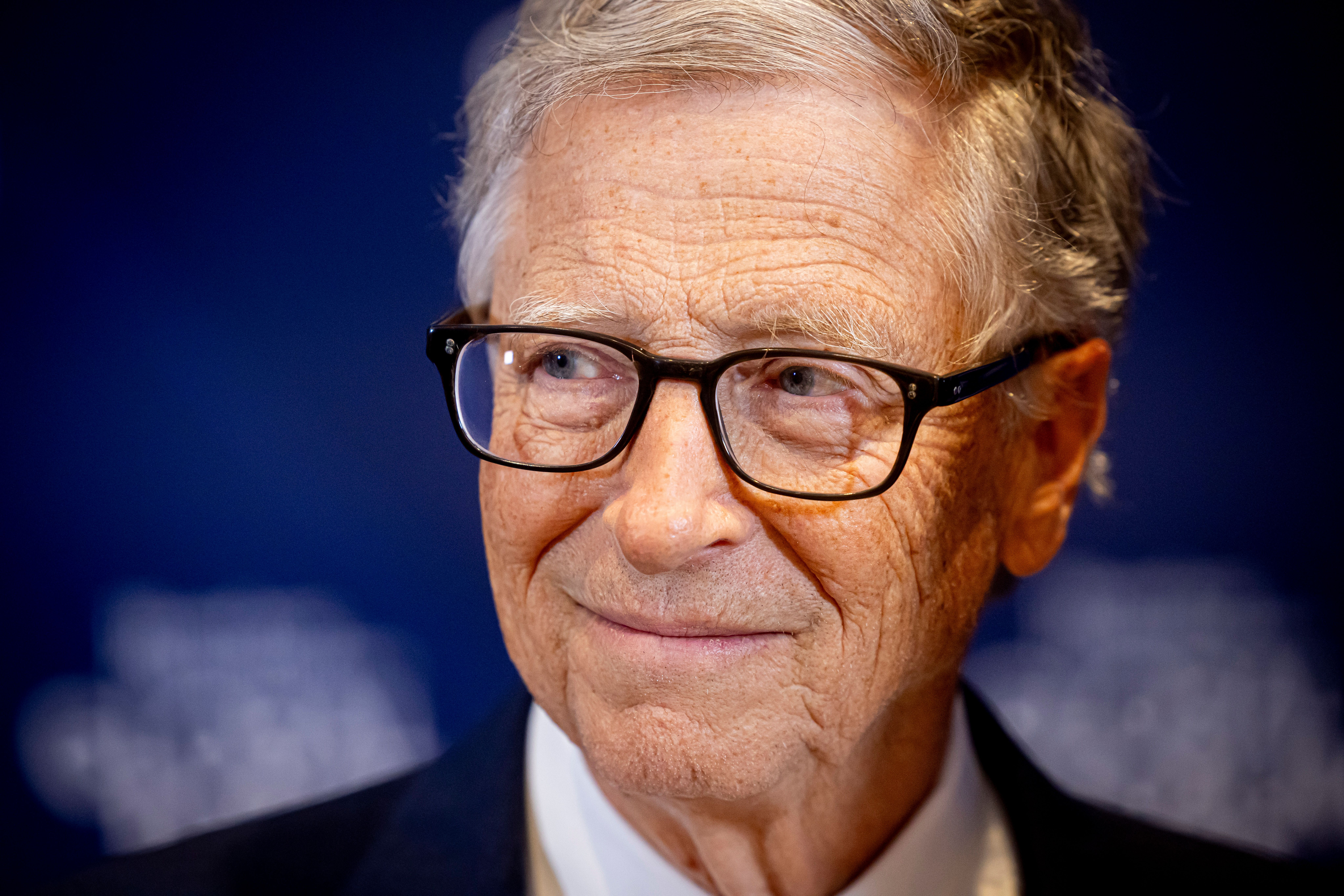Bill Gates is stirring controversy just weeks before crucial UN climate negotiations. The Microsoft co-founder published a memo arguing the climate movement focuses too much on cutting emissions and should instead embrace AI-powered solutions for agriculture and healthcare. His timing couldn't be more awkward - Microsoft's own carbon emissions have surged due to AI development, undermining the company's 2020 carbon-negative pledge.
Bill Gates just dropped a climate manifesto that's got environmental advocates seeing red. The Microsoft co-founder published what he calls "three tough truths about climate" on Tuesday, arguing that the movement's focus on cutting emissions is misguided and resources should flow toward AI-powered solutions instead. The timing is striking - his memo lands just weeks before the UN's COP30 climate conference, where the world will decide how seriously to take rising global temperatures. Gates' central argument reads like a tech executive's fever dream. "The doomsday outlook is causing much of the climate community to focus too much on near-term emissions goals," he writes in his lengthy blog post. Instead, he envisions farmers getting "advice on what to plant, when to plant, and when to fertilize that's tailored by artificial intelligence" and healthcare workers using "AI-powered devices" for ultrasounds in developing countries. But there's a glaring problem with Gates' optimistic AI pitch - Microsoft's own carbon footprint tells a different story. The company made a bold promise in 2020 to become carbon negative by 2030, meaning it would remove more CO2 from the atmosphere than it produces. Instead, developing energy-hungry AI models has sent Microsoft's emissions soaring in recent years. When pressed about this contradiction last year, Gates told The Verge he thinks AI's benefits justify the environmental costs. Climate researchers aren't buying it. "He's dangerously misguided and misleading, and I think pushing things in the wrong direction," Stacy Malkan, co-founder of nonprofit research group US Right to Know, told The Verge. The criticism cuts deeper than just Gates' tech optimism - it's about who gets to shape climate solutions. His memo essentially argues that temperature isn't the best way to measure climate progress, pointing instead to the UN's Human Development Index as a better gauge. This shift in metrics conveniently aligns with his philanthropic investments in global health and agricultural technology. Gabriel Manyangadze, who works with farmers across Southern Africa, offers a ground-level reality check on Gates' AI enthusiasm. "AI may give that information, but it may not assist in terms of action," he explains. Farmers can't grow crops without water, regardless of how sophisticated their planting algorithms become. They're actually advocating for solar-powered water pumps - decidedly low-tech solutions that don't require smartphone access or AI literacy. The disconnect becomes more stark when you consider what climate-vulnerable communities are actually demanding. While Gates promotes tech fixes, grassroots advocates have been pushing loudest for - direct financial assistance to help communities already devastated by rising seas, intensifying storms, and prolonged droughts. Gates' memo arrived as Jamaica braced for life-threatening winds and flooding, a timing that underscored critics' points about his detachment from climate realities. "The future of food and climate must be shaped by those who feed their communities, not by billionaires betting on the next patented fix," Loren Cardeli from nonprofit A Growing Culture said in a statement. The stakes couldn't be higher as world leaders prepare for next month's climate negotiations. Gates' "softer approach" of making green technologies cheaper than polluting ones sounds reasonable in theory, but it sidesteps the urgent need to hold major emitters accountable while communities worldwide face escalating climate disasters right now.
